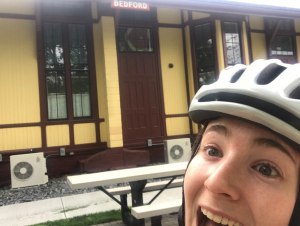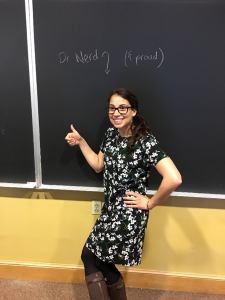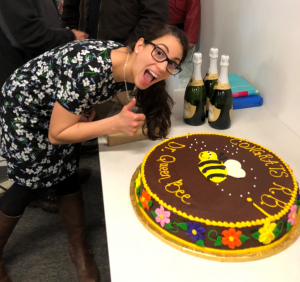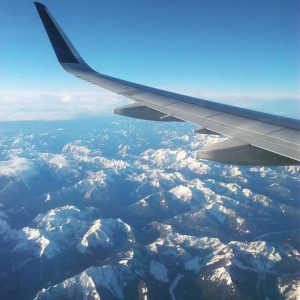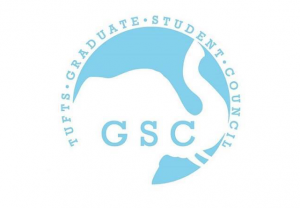 I was never a student council kind of person. I never joined when I was a high school student, and always found myself too busy with other extracurricular activities to join in college. It’s as much of a surprise to me as to anybody else that I find myself becoming the new Tufts Graduate Student Council President for 2018-2019. So, how did this happen?
I was never a student council kind of person. I never joined when I was a high school student, and always found myself too busy with other extracurricular activities to join in college. It’s as much of a surprise to me as to anybody else that I find myself becoming the new Tufts Graduate Student Council President for 2018-2019. So, how did this happen?
Like a lot of people on the Executive Board (E-Board) of the GSC, I was convinced to run by other members of my department. I first became the academic and career development co-chair, a position in which I helped organize academic events, like the Graduate Student Research Symposium. During this time, I quickly realized that I genuinely enjoyed these kinds of activities that brought me out of the lab, enabled me to meet and interact with people from all sorts of departments, and discuss graduate student concerns with administrators. This passion has driven me to stay in the GSC, this past year filling the role of vice president, and next year as president.
As the new GSC President, I am most looking forward to simply helping graduate students across Tufts. My first role as president will be to work together with our other officers and chairs to put together some amazing events for grad students. Traditionally we have held social and academic events during the fall and spring semesters. But in this upcoming year, I am particularly excited to expand our community outreach and international student events. We are also really interested in having some activities over the summer; plenty of students stay on campus during the summer months and it would be great to bring people together to unwind and de-stress. We are hoping to have an ice cream social and an outdoor movie night with a popcorn machine!
I’m also looking forward to continuing to work with the Tufts administration to address graduate student concerns. Each semester we hold one or two deans’ coffee hours at which our student life chair organizes a discussion around a grad student issue. Several deans and other pertinent university staff members are also invited. Together, we look for creative solutions to a variety of problems with the goal of improving grad student experiences. As president, I am looking forward to continuing these events and helping our new student life chair expand involvement.
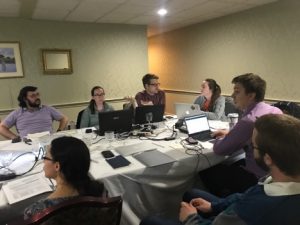 I can’t wait to take on new challenges as the president. In May, the GSC held its annual transition weekend during which the old and new E-Boards meet, orient each other, and plan for the following year. I can say—without hesitation—that the new members of the E-Board are going to be amazing. They already have some great ideas for new events. Be sure to be on the lookout for events this summer and in the fall semester! We can’t wait to meet you!
I can’t wait to take on new challenges as the president. In May, the GSC held its annual transition weekend during which the old and new E-Boards meet, orient each other, and plan for the following year. I can say—without hesitation—that the new members of the E-Board are going to be amazing. They already have some great ideas for new events. Be sure to be on the lookout for events this summer and in the fall semester! We can’t wait to meet you!


